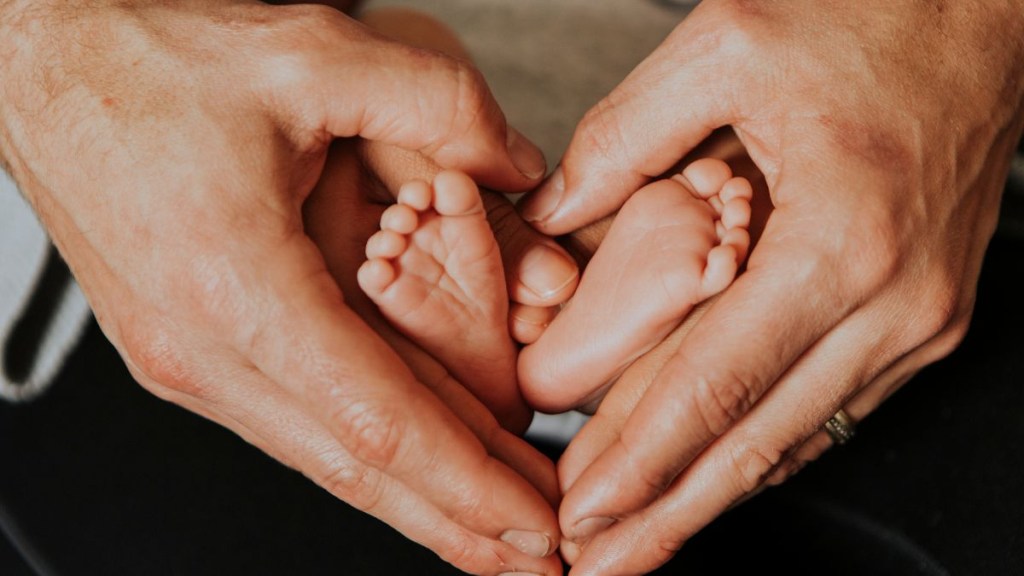More women today are choosing to have children later in life. Some delay pregnancy to focus on their careers, while others wait to become financially stable or find the right partner. But this also raises an important question: is it still safe and possible to conceive at that age?
The answer, according to doctors, is yes. Due to advancements in fertility treatments like IVF (In-Vitro Fertilisation), women over 40 now have better chances of becoming mothers. With tools like donor eggs, embryo freezing, and genetic testing, IVF has made it possible for many to have healthy pregnancies even after 40.
“Age does affect fertility, but IVF has come a long way,” says Dr. Sowjanya Aggarwal, Senior Director – Obstetrics and Gynaecology at Max Super Speciality Hospital, Vaishali. “With modern technology and proper care, it’s absolutely possible to get pregnant after 40,” she further explains.
1. Fertility drops, but still there’s hope
Women are born with a fixed number of eggs, and both the quantity and quality of those eggs go down with age, especially after 35. This makes it harder to conceive naturally after 40.
“In such cases, IVF using your own or donor eggs can help,” says Dr. Aggarwal. “There are also options like freezing embryos and personalised treatment plans depending on your body’s needs.”
2. Egg quality affects IVF success
Success with IVF mostly depends on the quality of eggs. After 40, using your own eggs may give you a success rate of less than 10%. However, using donor eggs from younger women can greatly improve the chances.
“We don’t take a one-size-fits-all approach,” says Dr. Aggarwal. “If a woman’s egg reserve is low, donor eggs may be suggested. But many women can still try with their own eggs if the conditions are right.”
3. Genetic testing can help
As women age, there’s a higher risk of chromosomal problems in the embryos. This can lead to failed IVF cycles or miscarriages. A test called PGT-A (Preimplantation Genetic Testing for Aneuploidy) can help identify healthy embryos.
“PGT-A checks embryos before transfer to make sure they have the right number of chromosomes,” explains Dr. Aggarwal. “This reduces the risk of miscarriage and increases the chance of a healthy pregnancy.”
4. Health risks can be managed
Older women are indeed more likely to face pregnancy risks like high blood pressure or gestational diabetes. But these can be handled with proper care.
“Before starting IVF, we check the woman’s overall health, heart, and hormones,” says Dr. Aggarwal. “If any issues are found, we treat them early. Many women in their 40s have had smooth pregnancies with the right support.”
5. Be mentally and financially prepared
IVF can be an emotional and costly journey. It often takes more than one attempt, and the process can feel stressful. “We always talk to women about what to expect and how to prepare,” says Dr. Aggarwal. “Support from family, friends, and counsellors is very important during this time.”
6. Don’t wait to ask questions
If you’re over 40 and thinking about having a baby, don’t delay speaking to a fertility expert. Whether you use your own eggs, donor eggs, or frozen embryos, it’s important to know your options.
“It’s never too late to ask questions and plan your next steps,” says Dr. Aggarwal. “With the right treatment, many women have successfully become mothers after 40.”
IVF after 40 can be challenging, but it is definitely possible. Due to modern tools like PGT-A, donor egg programs, and careful medical planning, many women are safely embracing motherhood even in their 40s.








